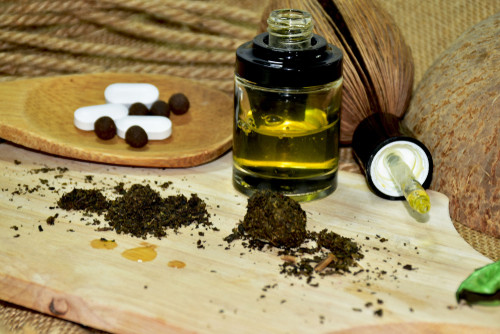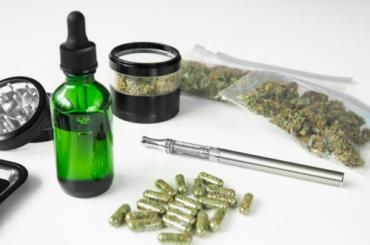
Results published by many researchers show that cannabidiol (CBD) produces its therapeutic effects because it affects more than 20 membrane targets. This is achieved by influencing membrane fluidity and thereby creating pharmacological effects. So, CBD products are found to be useful for medical purposes like reducing the symptoms, as well as preventing diseases. One of the important findings is the way cannabidiol disrupts cholesterol homeostasis and membrane ion channels and receptors. Read on to know more about how CBD produces its therapeutic effects at a cellular level.
An Overview
As already stated, cannabidiol (CBD) produces its effects through more than 20 target membrane-localized ion channels and receptors. Mutations in them cause issues like Dravet syndrome and other epileptic syndromes. This is because seizures are caused due to the unusual firing of neurons, and it is mediated through the ion channels in membranes mentioned in the beginning. Also, CBD produces its anticonvulsant effect influencing the calcium (Ca) channels in the postsynaptic cleft of neurons. These effects are achieved by the alteration of the biophysical lipid bilayer of which 25% to 30% of the lipid content is made up of cholesterol, and CBD affects cholesterol homeostasis.
Bioactive Lipids
Several studies have shown that pain perception is regulated by the pro- or anti-nociceptive lipid mediators, and when they cause inflammation, it results in pain. These include endogenous cannabinoids, platelet-activating factors (PAF), peroxisome proliferator-activated receptors (PAAR), and products from the metabolism of oxidative polyunsaturated fatty acids (PUFAs). Also, it has been found from studies that in damaged tissues, lipid molecules restore homeostasis by suppressing the inflammatory process. Also, they reduce pain by regulating the transmission of nociceptive pain signals through neural pathways from the periphery to the central nervous system. CBD benefits like anti-inflammatory and analgesic effects are due to cannabidiol’s effect on cholesterol homeostasis in these lipids.
Loss Of Cholesterol Homeostasis And Cancer
The loss of cholesterol homeostasis can lead to the triggering of carcinogenesis. Also, keep in mind that the cholesterol levels in tumor cells and thereby tissues are high, and it is one of the major reasons for the high growth rate of these cells. Cancer drugs restore or partially fix this, and make these cells more sensitive to therapeutics and affect their resistance to drugs.
Cannabidiol (CBD) treatment is found to increase the levels of Ca2+ ions in the cells, and this has a positive effect on apoptosis, i.e. cellular death. Also, it influences mitochondrial calcium homeostasis that affects downstream Ca2+ signaling. This makes CBD an ideal candidate in chemotherapy trials.
More research is required to better understand how cannabidiol (CBD) affects cholesterol homeostasis in the body. Also, the results from current studies look promising, and the future of CBD for pharmacological uses looks promising.



